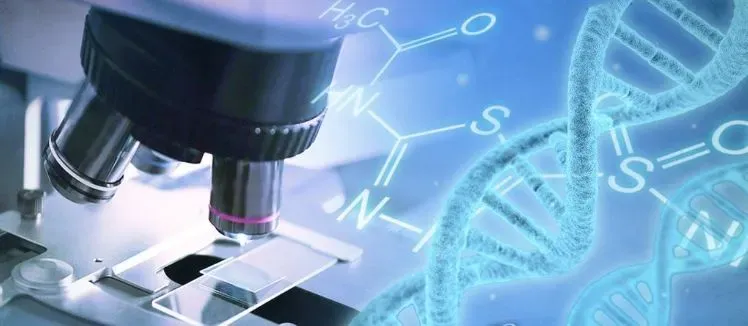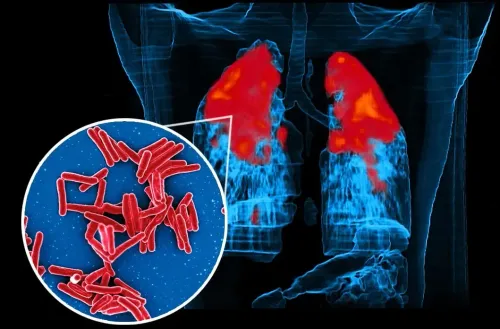Is India Becoming the Life Sciences GCC Hub for Drug Discovery and Compliance?

Synopsis
Key Takeaways
- India is the global hub for life sciences GCCs.
- 23 of the top 50 life sciences companies have established centers in India.
- GCCs are evolving from support roles to strategic innovation centers.
- Artificial intelligence is key in drug discovery and patient-centric innovations.
- India's role in global R&D is becoming indispensable.
New Delhi, Sep 1 (NationPress) With 23 of the world's leading 50 life sciences firms setting up centers in India, the nation has firmly positioned itself as the premier global hub for Global Capability Centers (GCCs) in the life sciences sector, according to a report released on Monday. The report from advisory firm EY India indicates that most of these companies initiated their operations in the past five years, reflecting India's pivotal role in catalyzing pharmaceutical research, innovation, and comprehensive value creation.
Remarkably, the life sciences GCCs have transformed from conventional back-office functions into crucial innovation hubs.
These centers are not merely confined to support roles; they now significantly contribute to global initiatives, including drug discovery, digital therapeutics, and real-world evidence (RWE) analytics, increasingly utilizing artificial intelligence to expedite development processes and foster patient-centric innovations, according to the report.
“Our findings illustrate how India has swiftly progressed from a support base to the heart of innovation for global pharmaceuticals and healthcare. Within just five years, GCC involvement in enabling functions such as finance, HR, supply chain, and IT has surpassed 60%,” stated Arindam Sen, Partner and GCC Sector Lead – Technology, Media & Entertainment and Telecommunications, EY India.
“However, what is particularly noteworthy is their expanding role in core functions, which encompasses drug discovery and regulatory affairs to medical and commercial operations,” Sen added.
Furthermore, the analysis revealed that growth across both enabling and core functions has surged significantly over the past five years.
On the enabling front, life sciences GCCs in India manage 70% of finance, 75% of HR, 62% of supply chain, and 67% of IT functions for global life sciences companies.
More importantly, their involvement in core functions has intensified, with 45% penetration in drug discovery and development, 60% in regulatory affairs, 54% in medical affairs, and 50% in commercial operations.
This evolution underscores India's shift from a support hub to a strategic center spearheading end-to-end innovation and operational excellence in the industry.
“This is no longer about cost advantages; it’s about India becoming vital to the global R&D pipeline. Life sciences multinationals are embedding their most strategic, knowledge-intensive tasks here, establishing India as the epicenter of life sciences innovation, compliance, and future growth,” Sen concluded.










